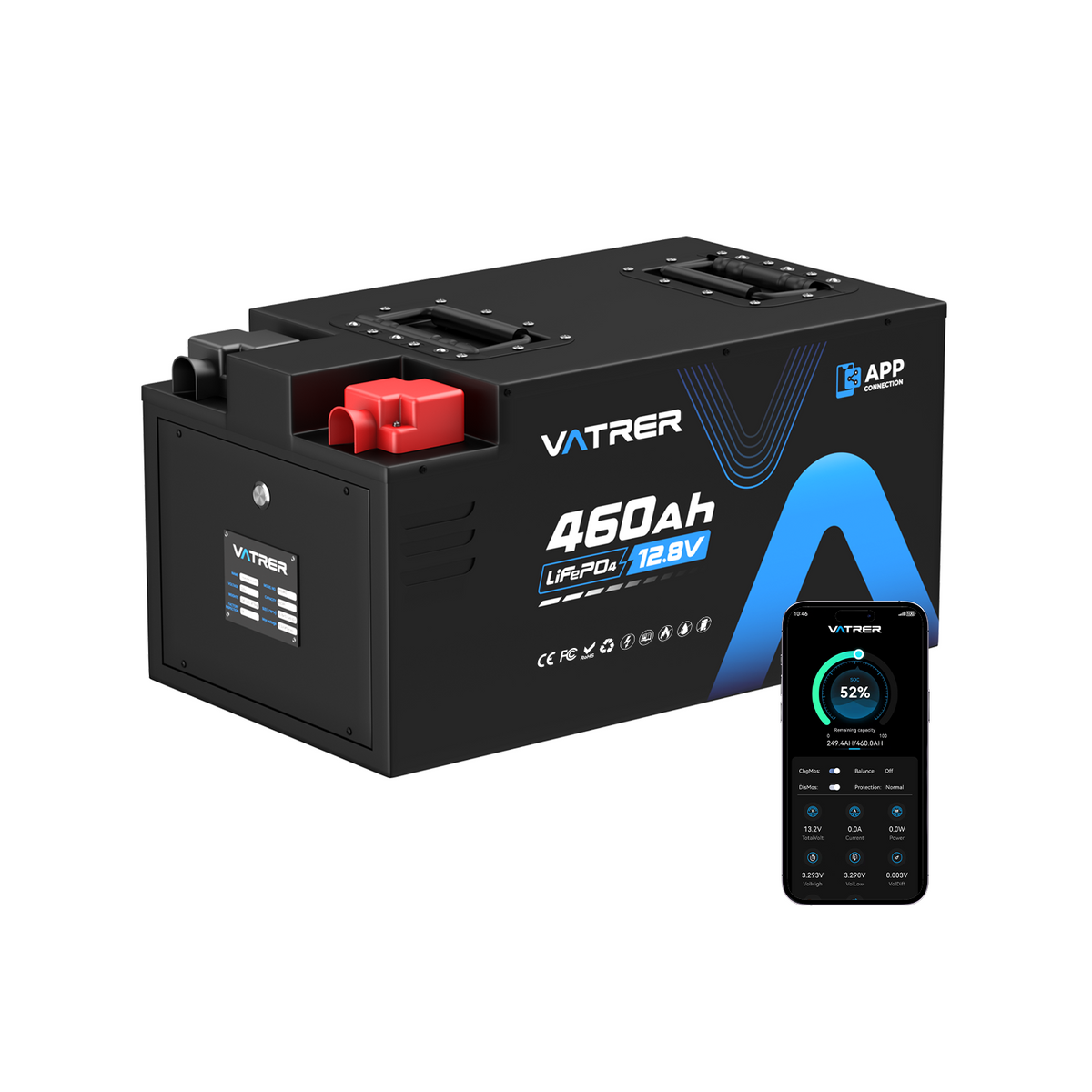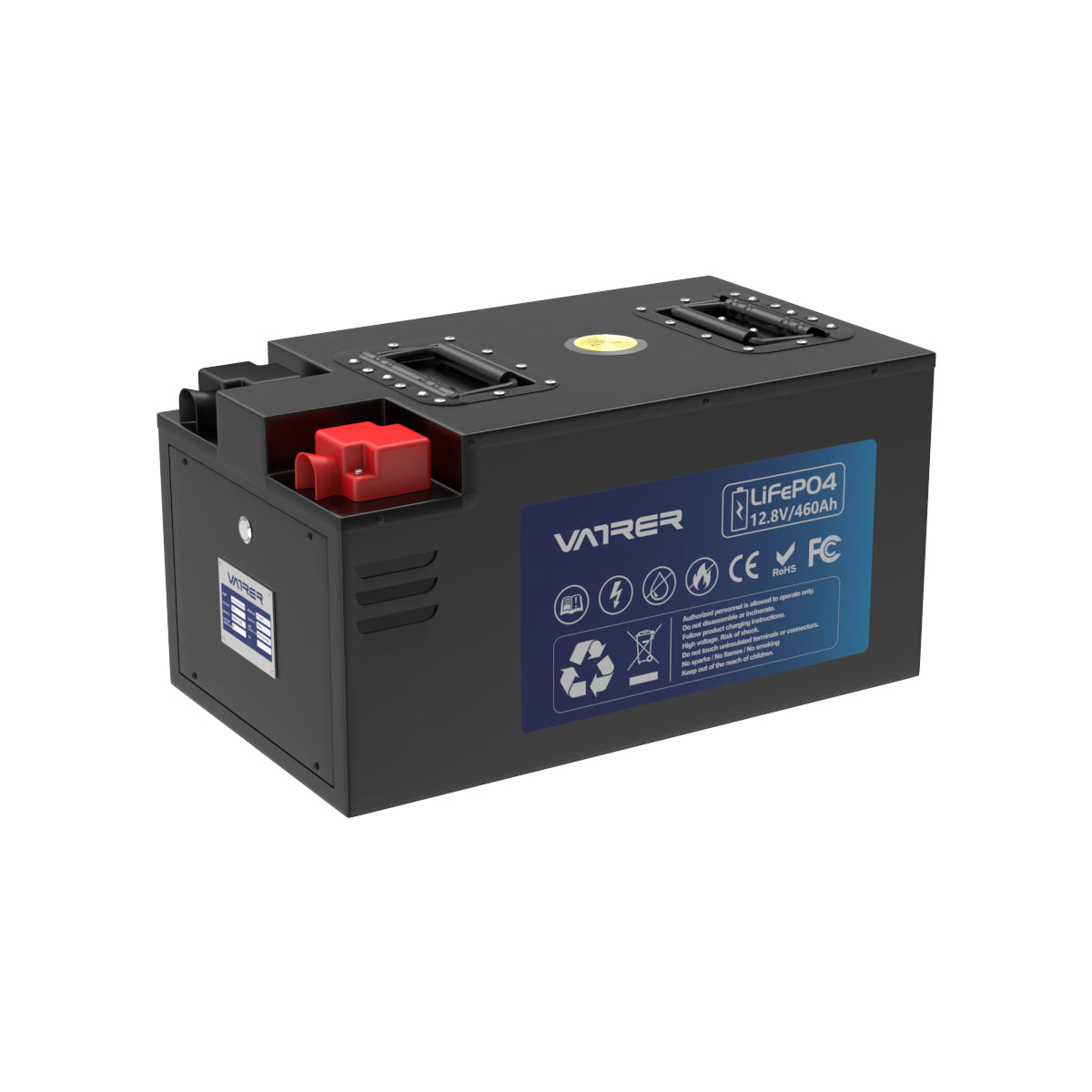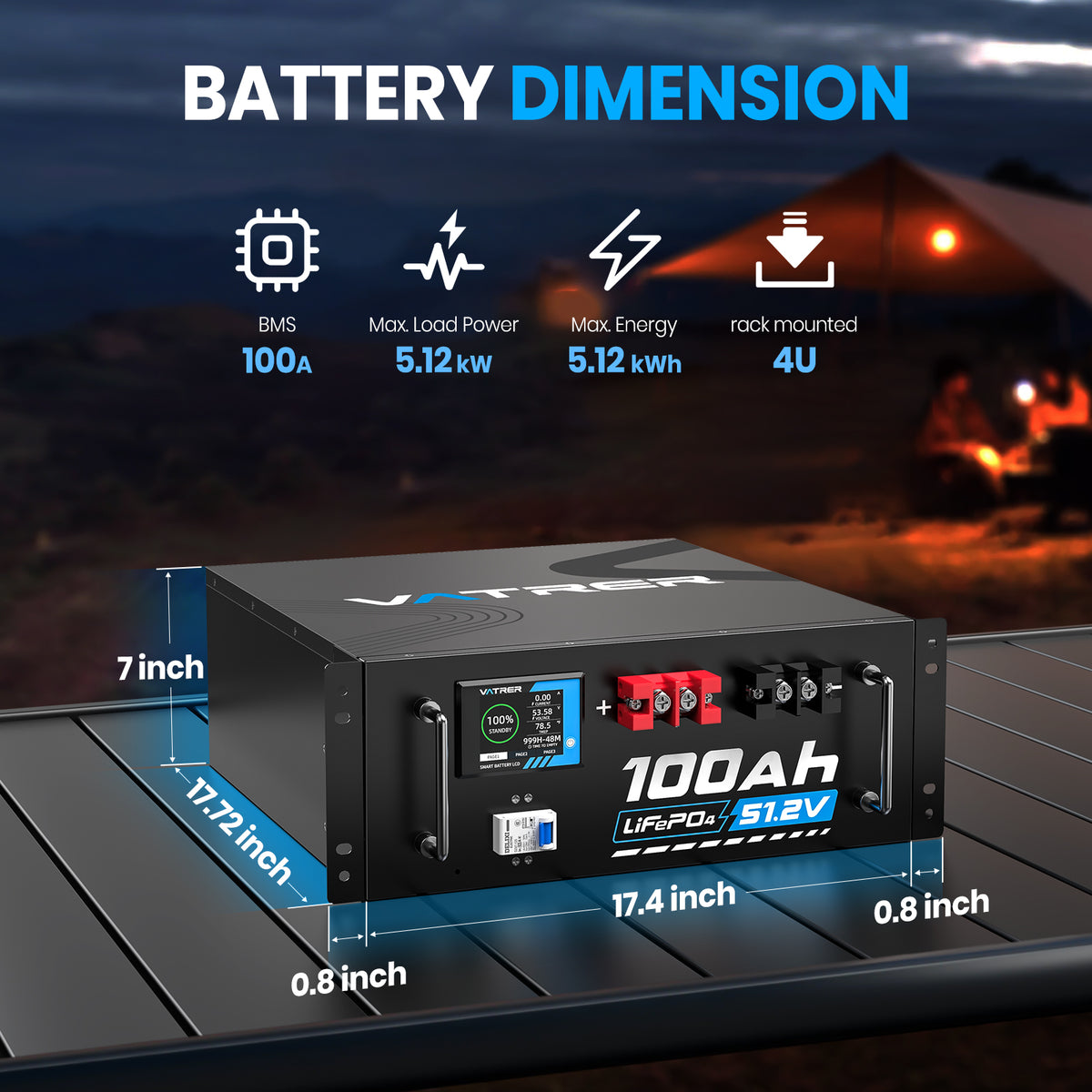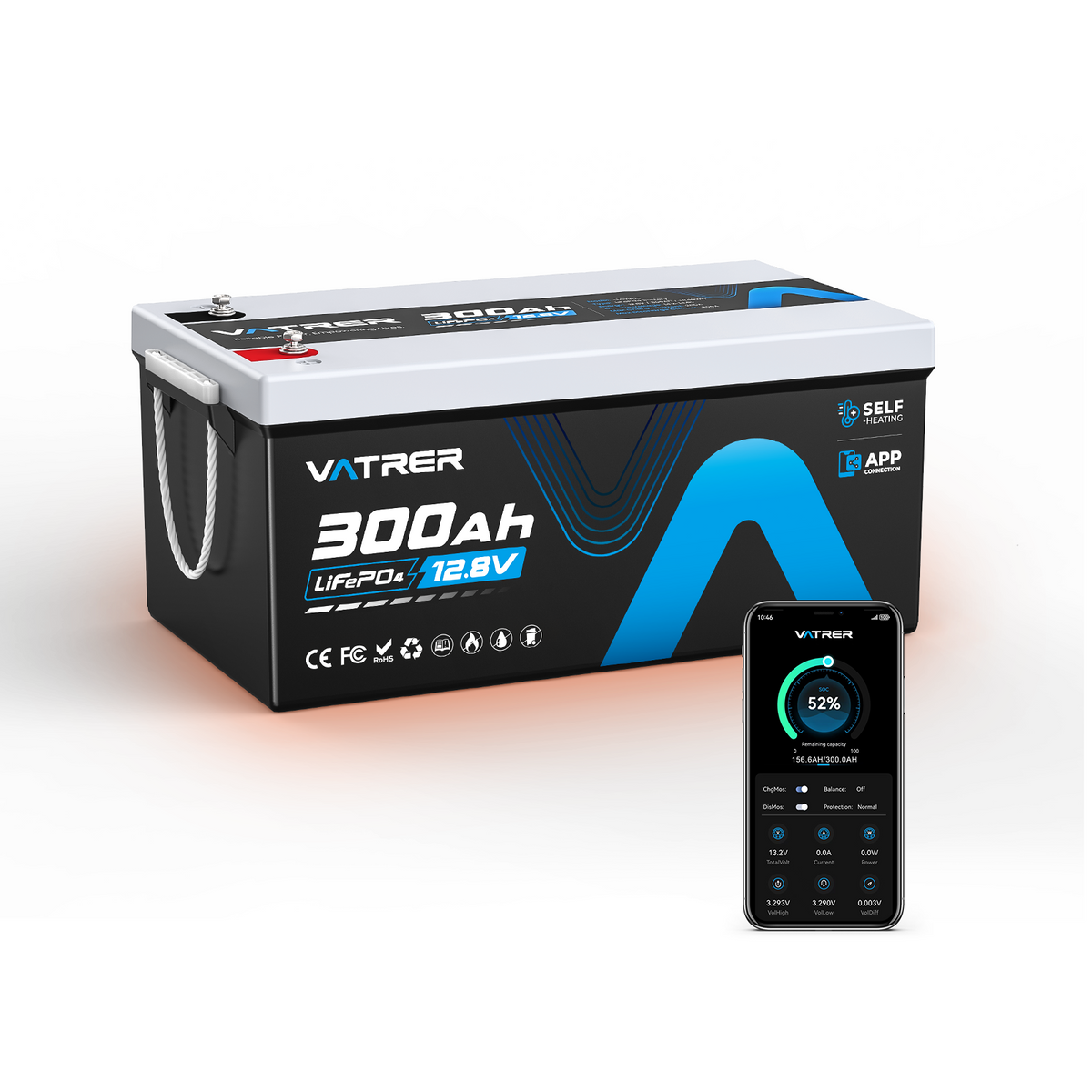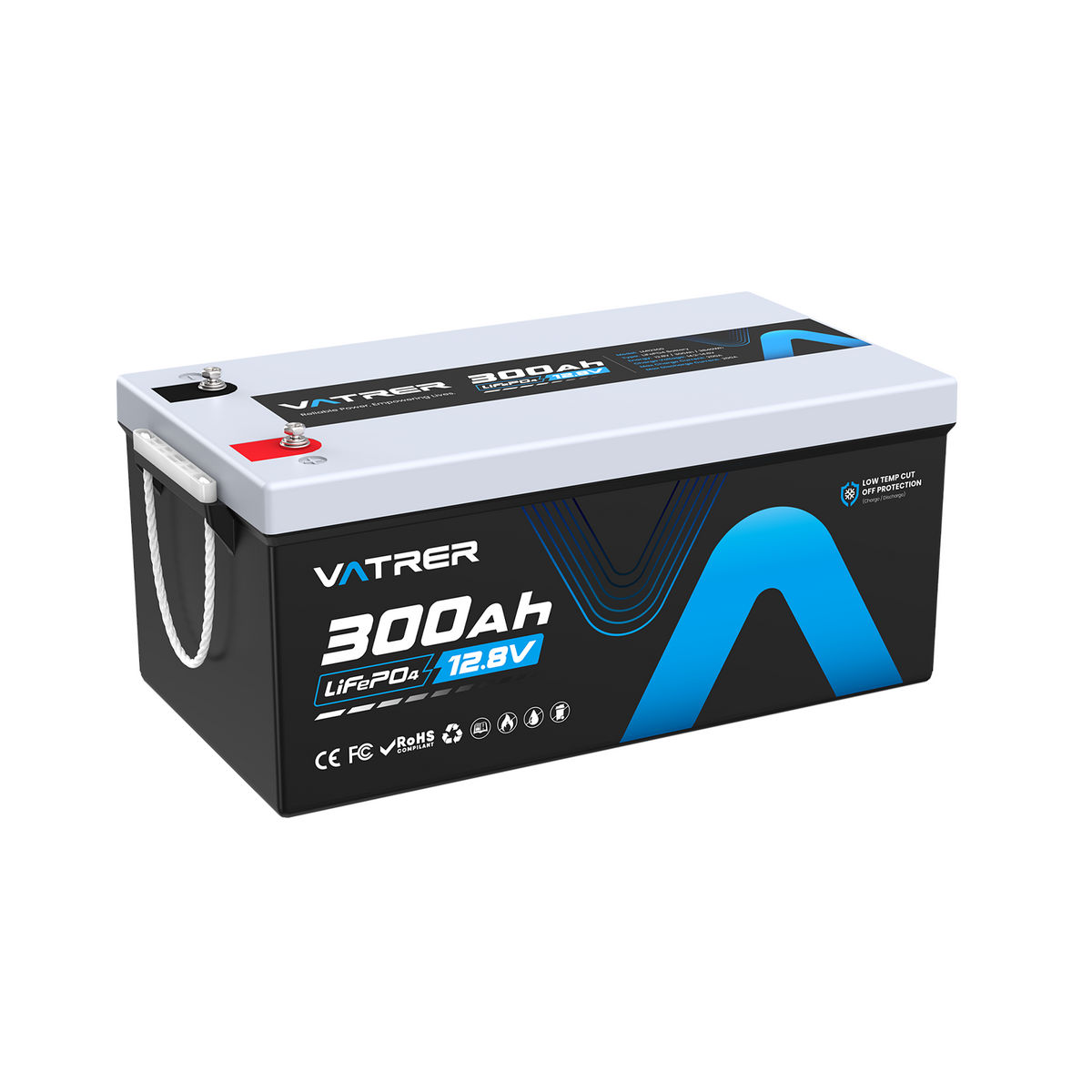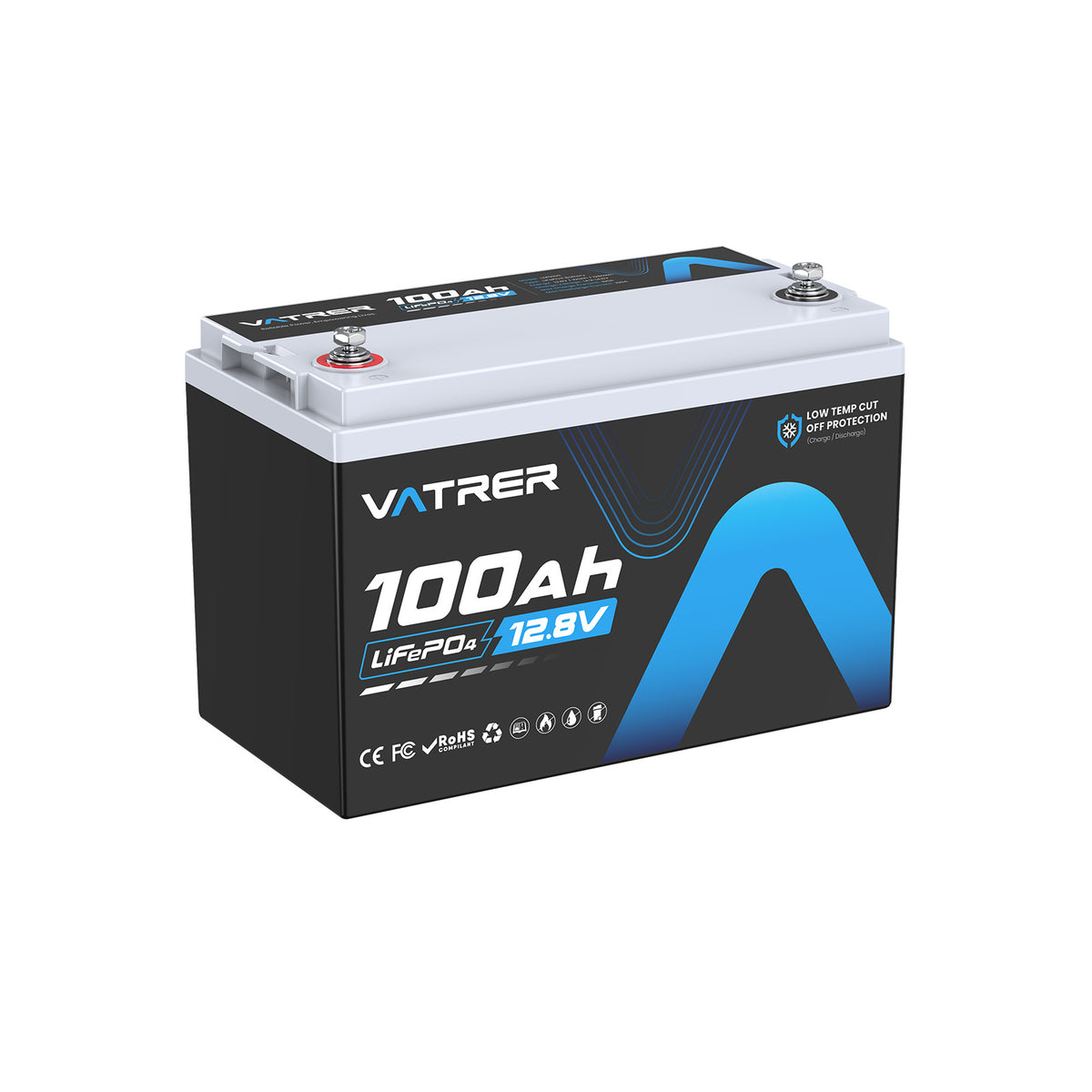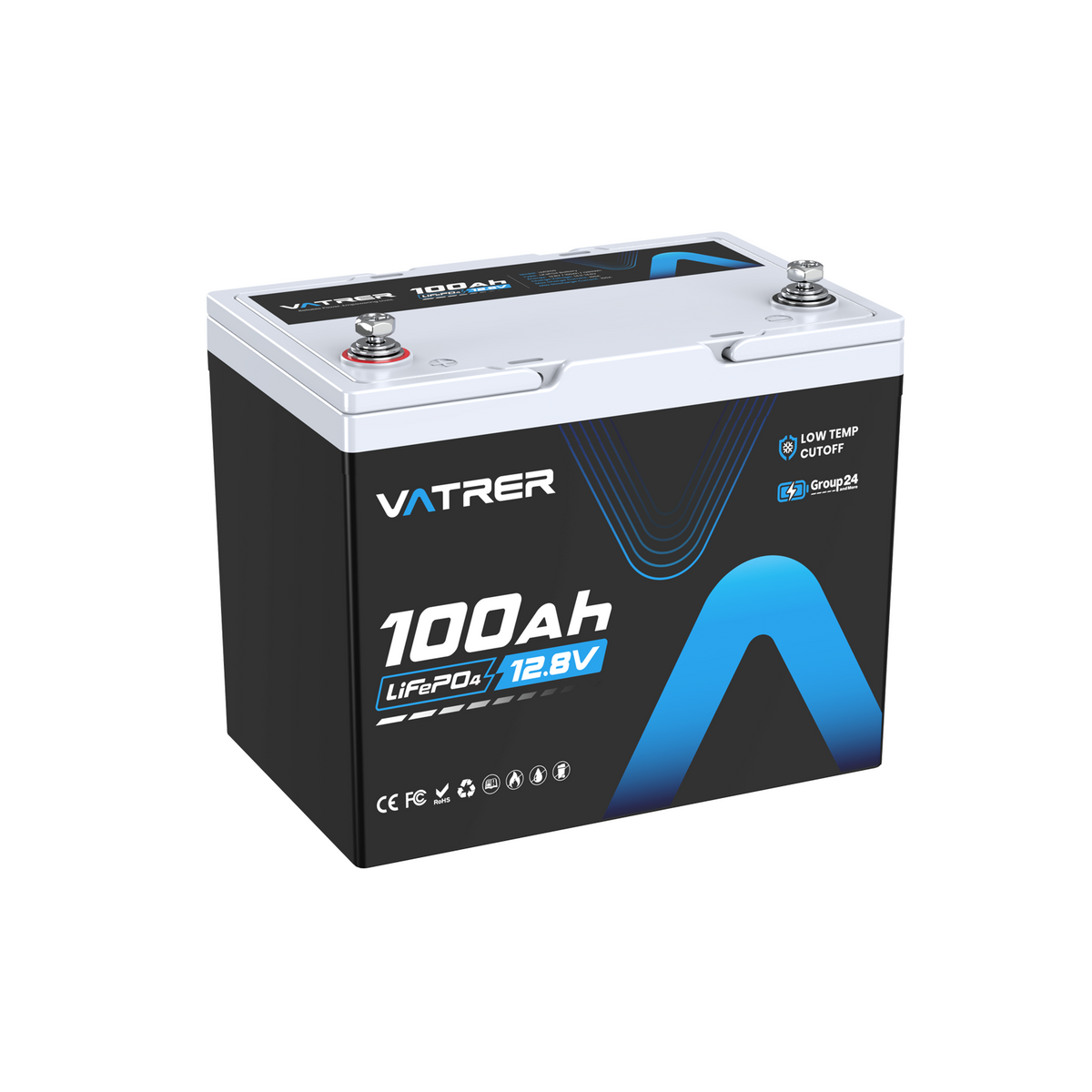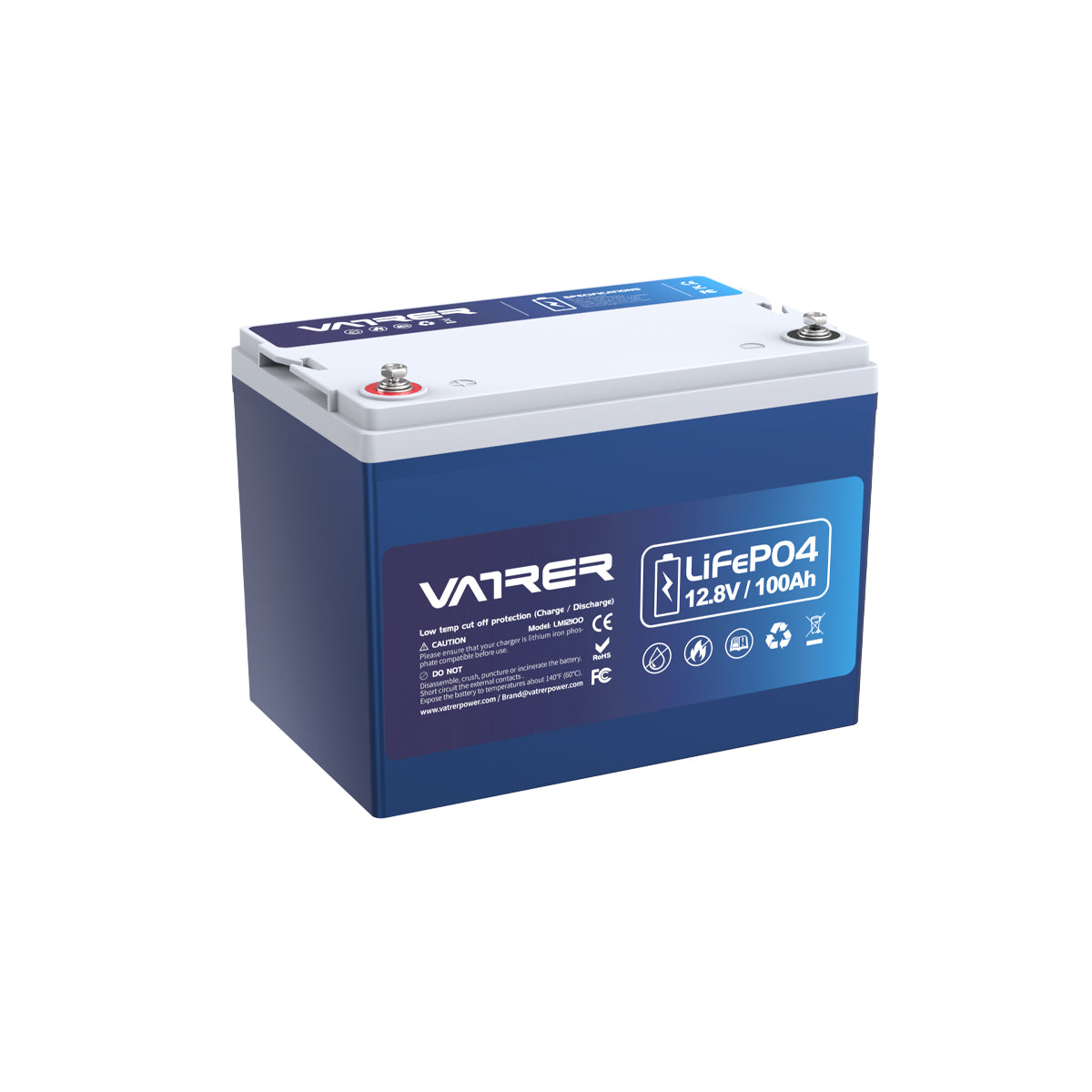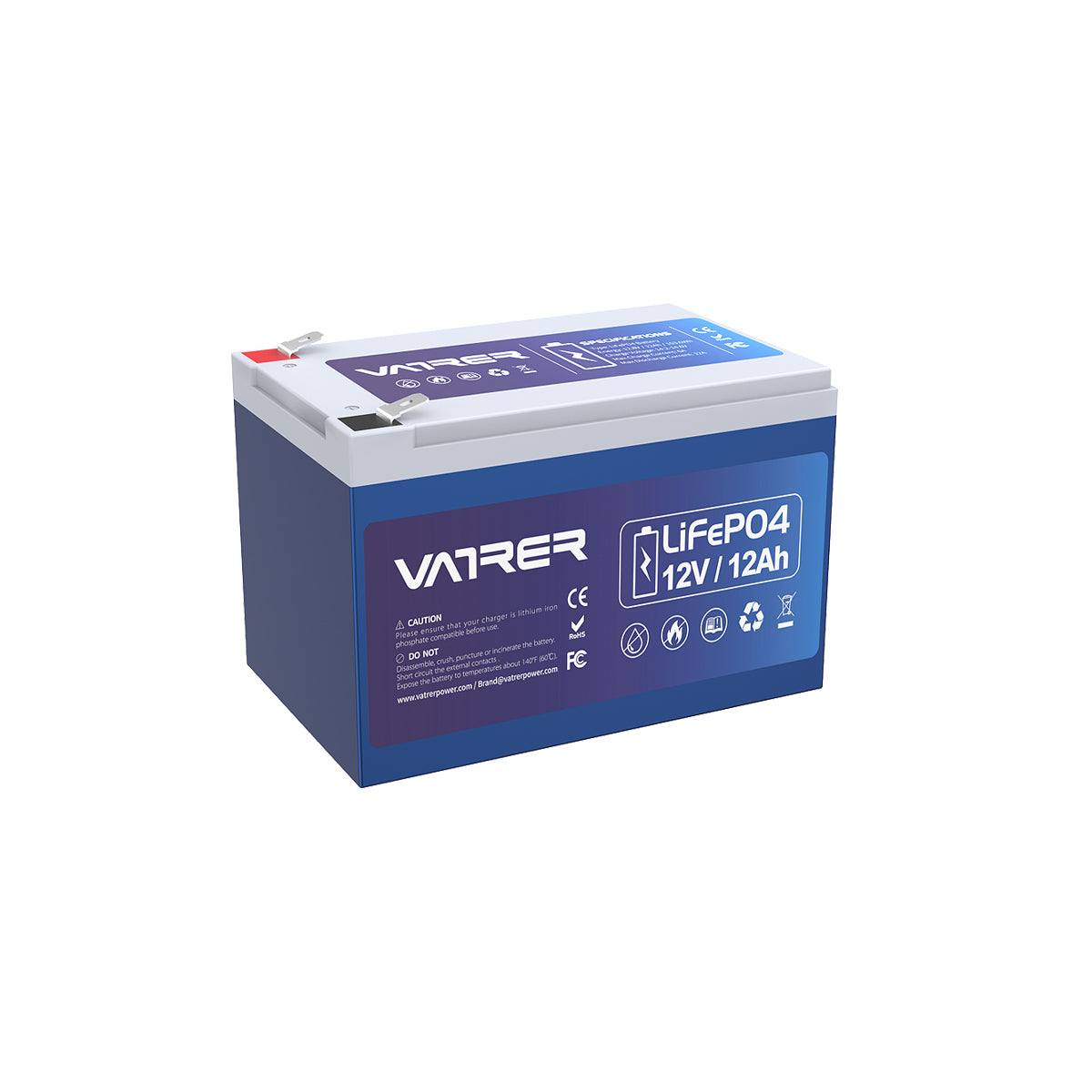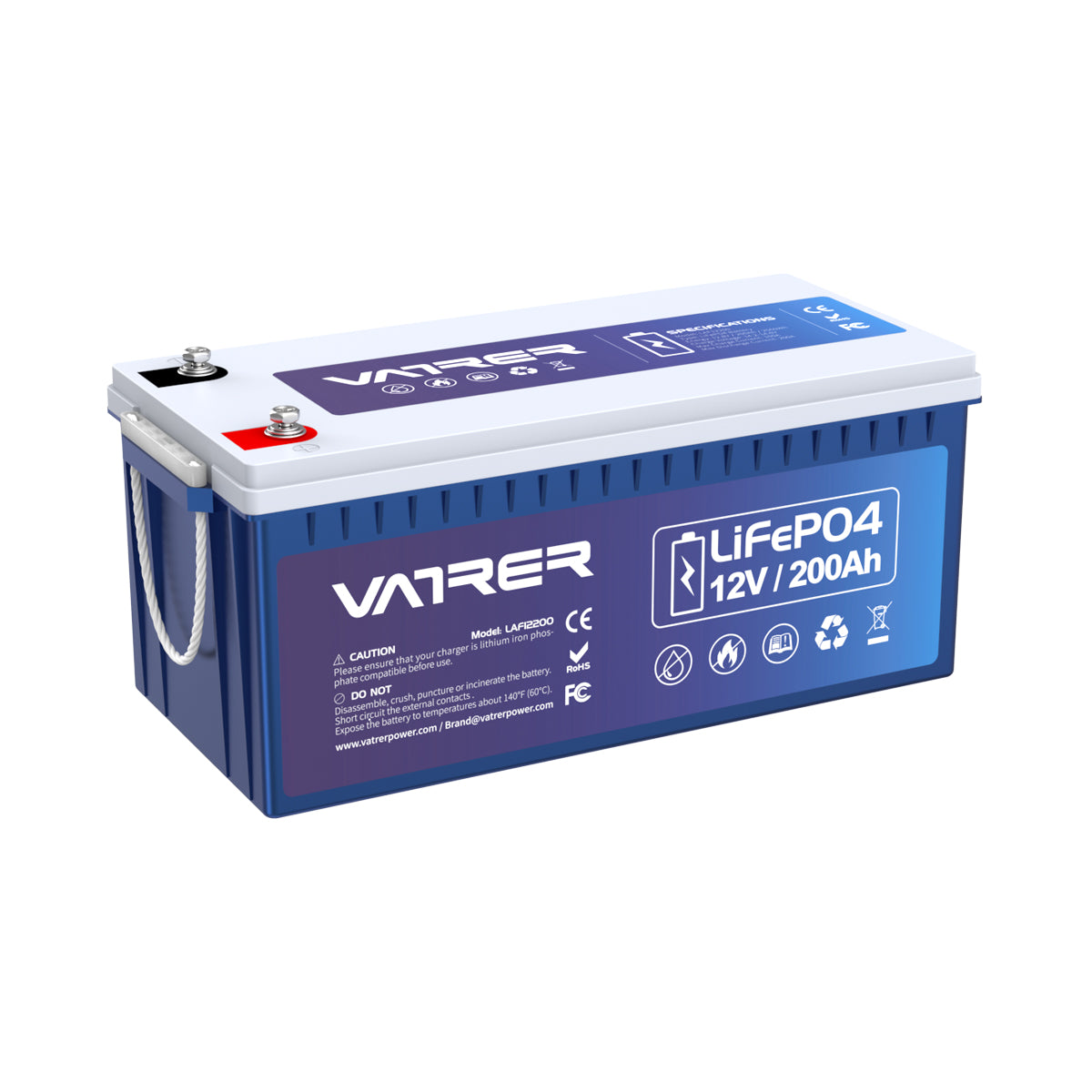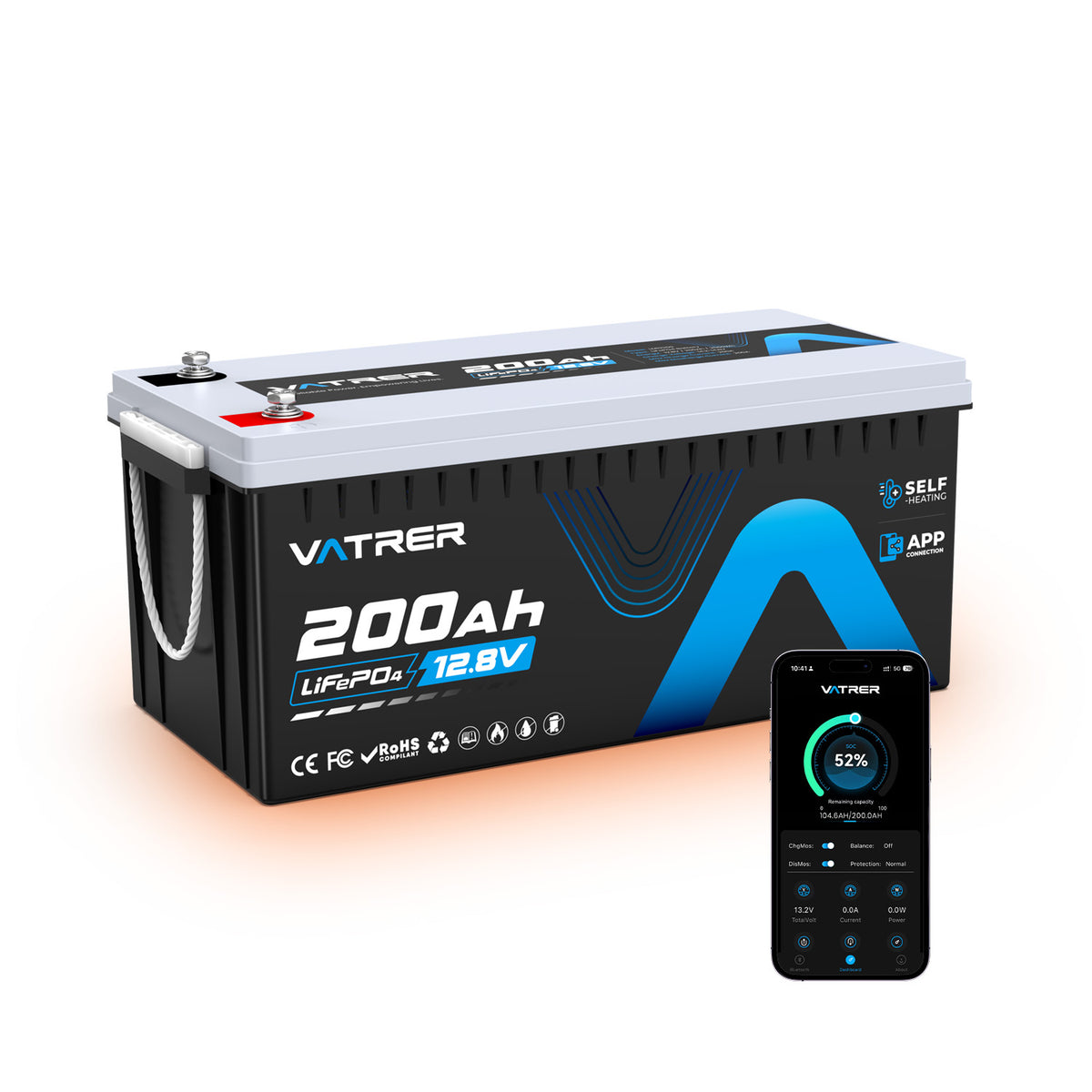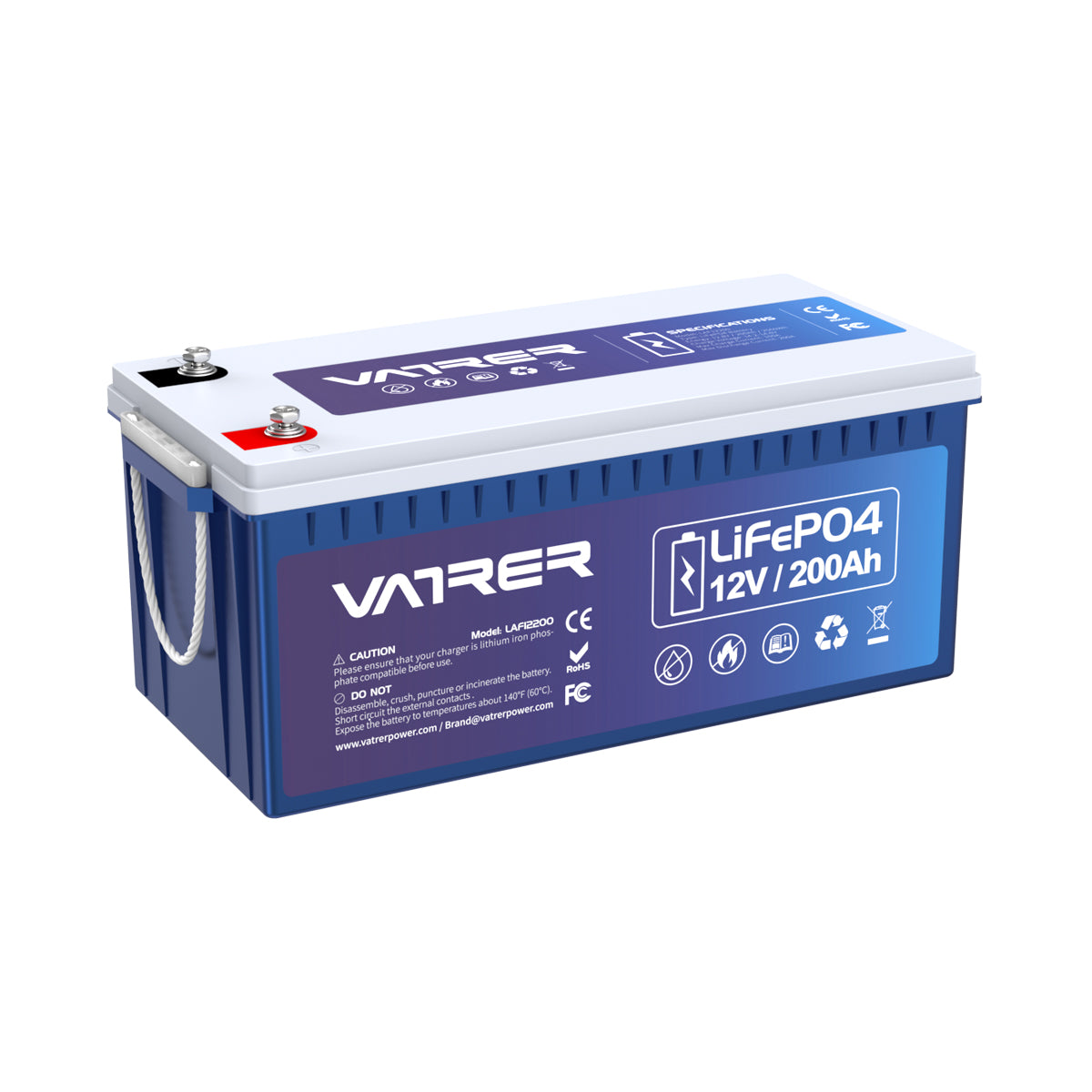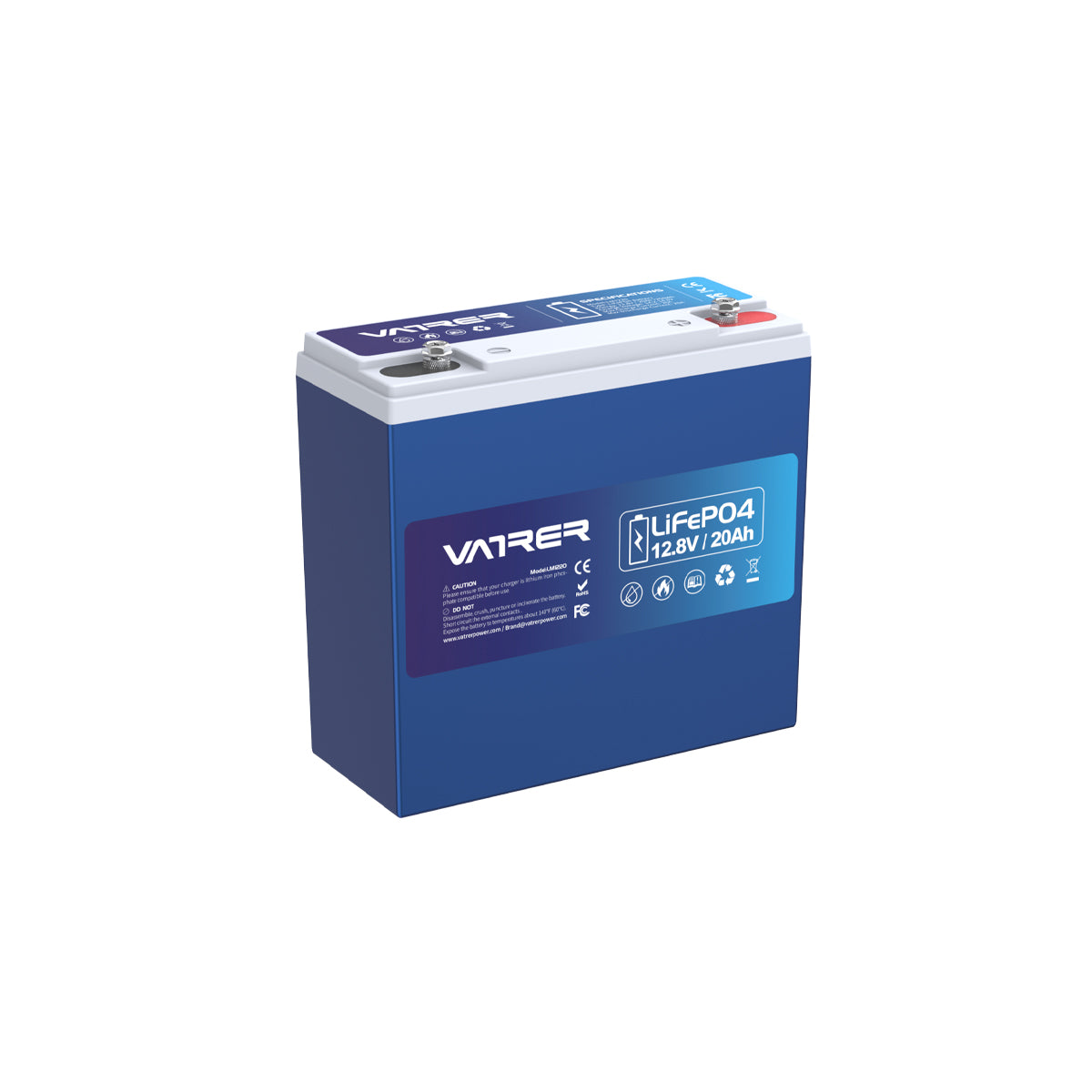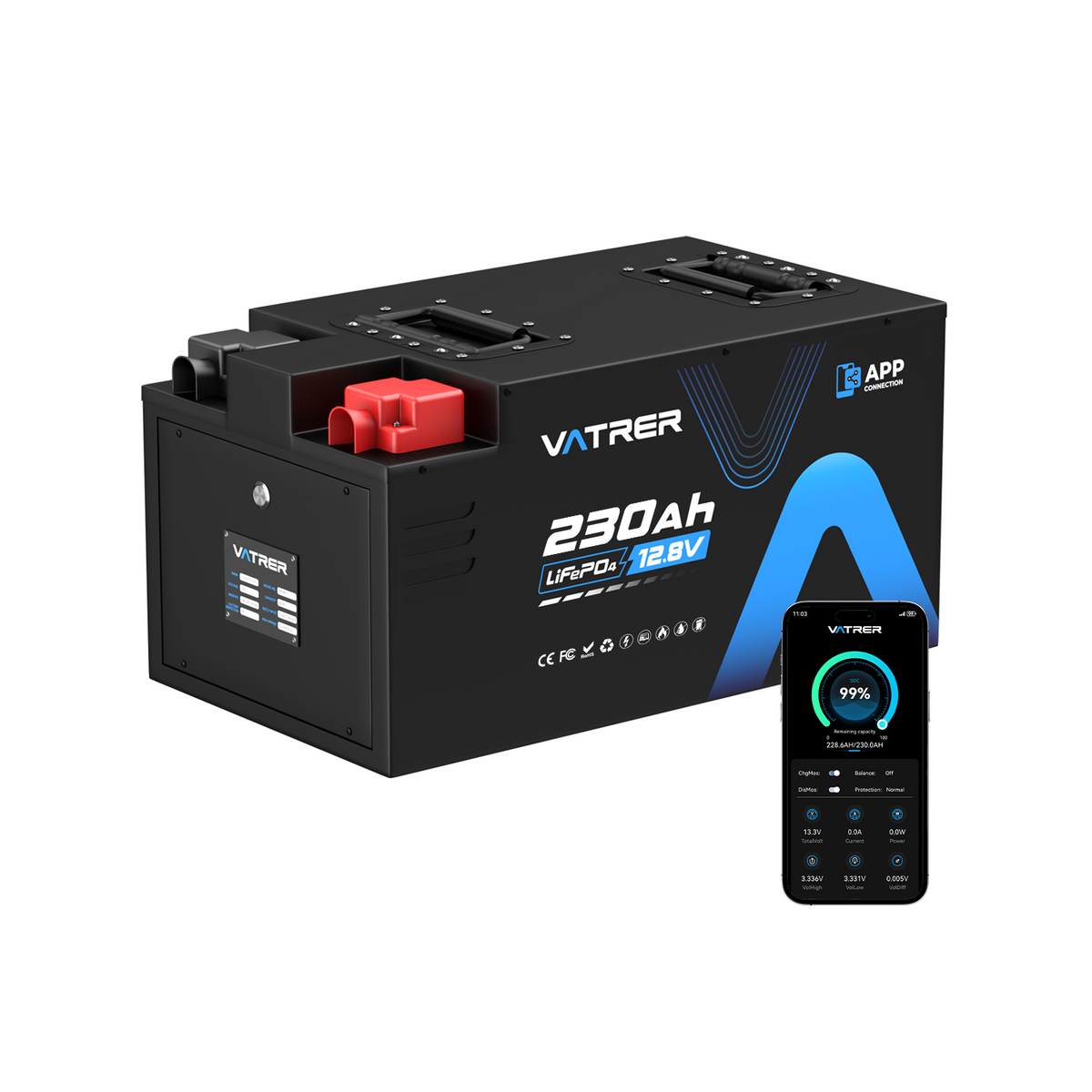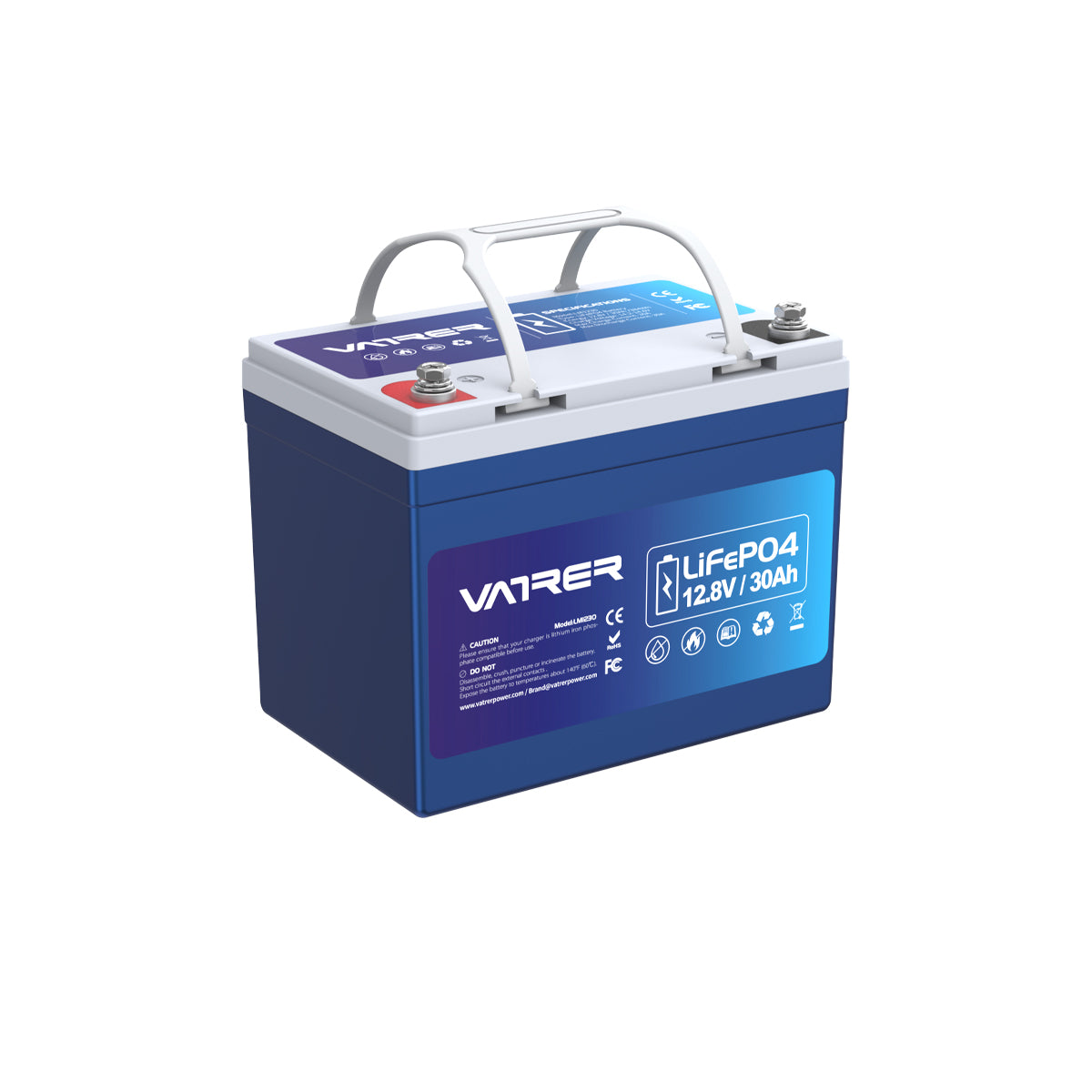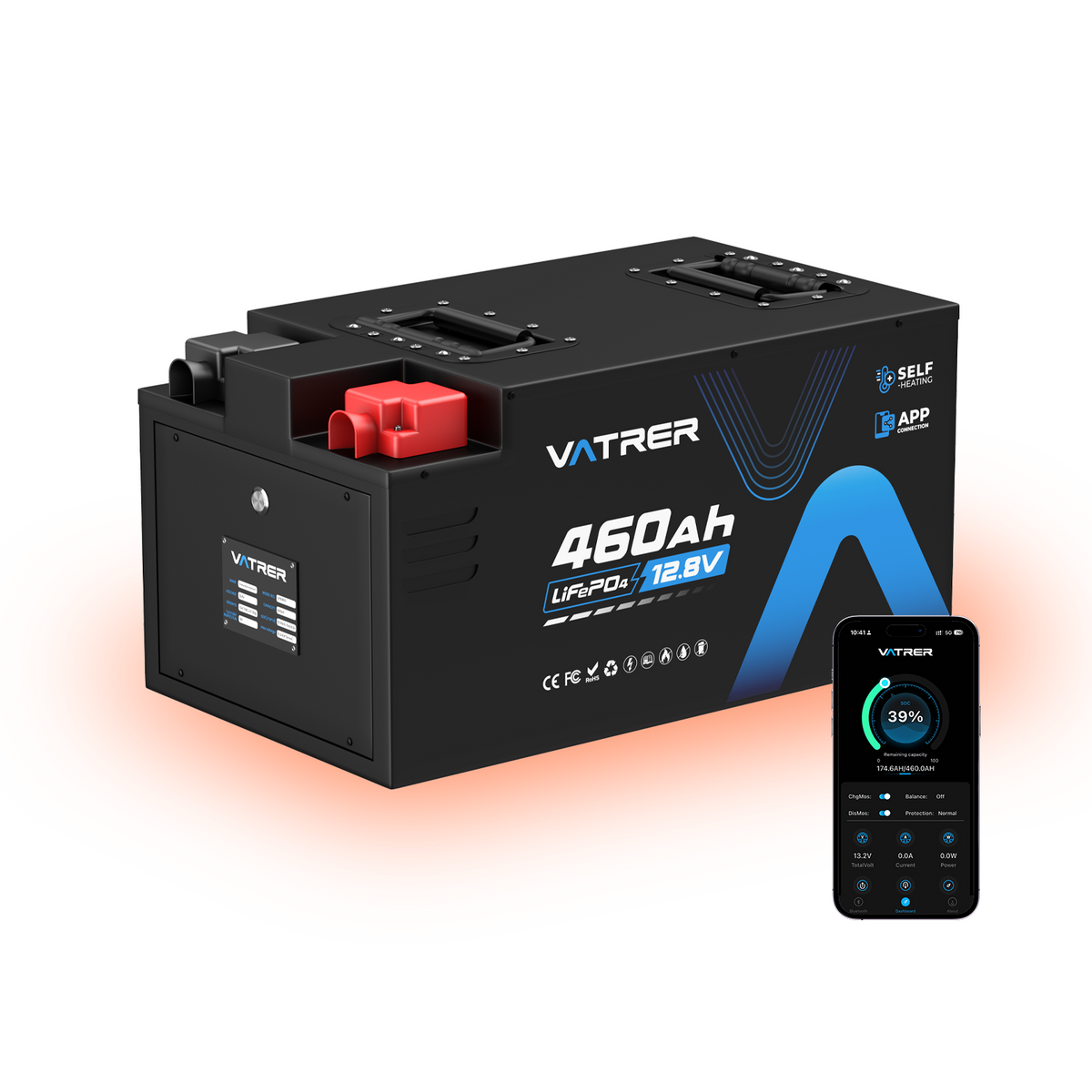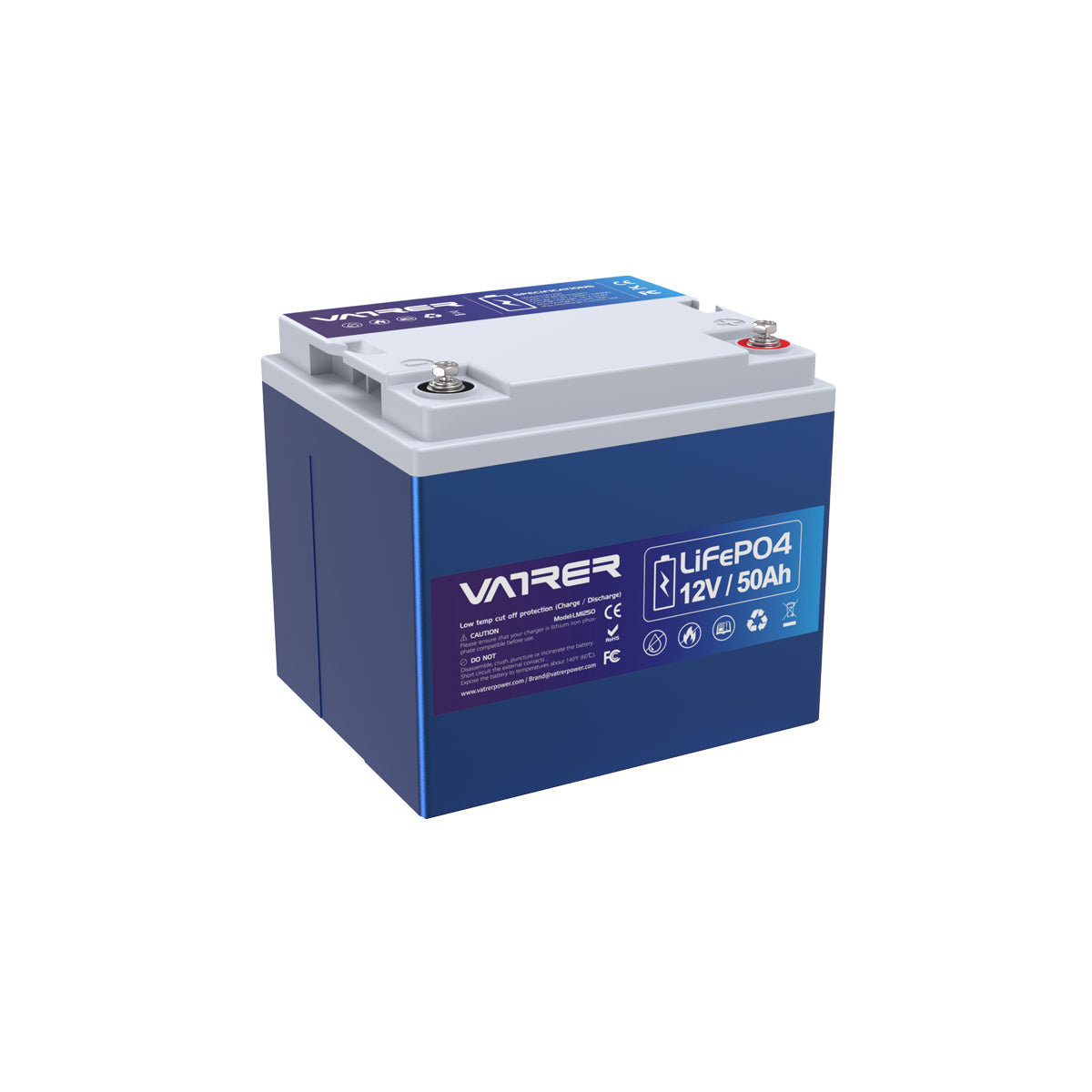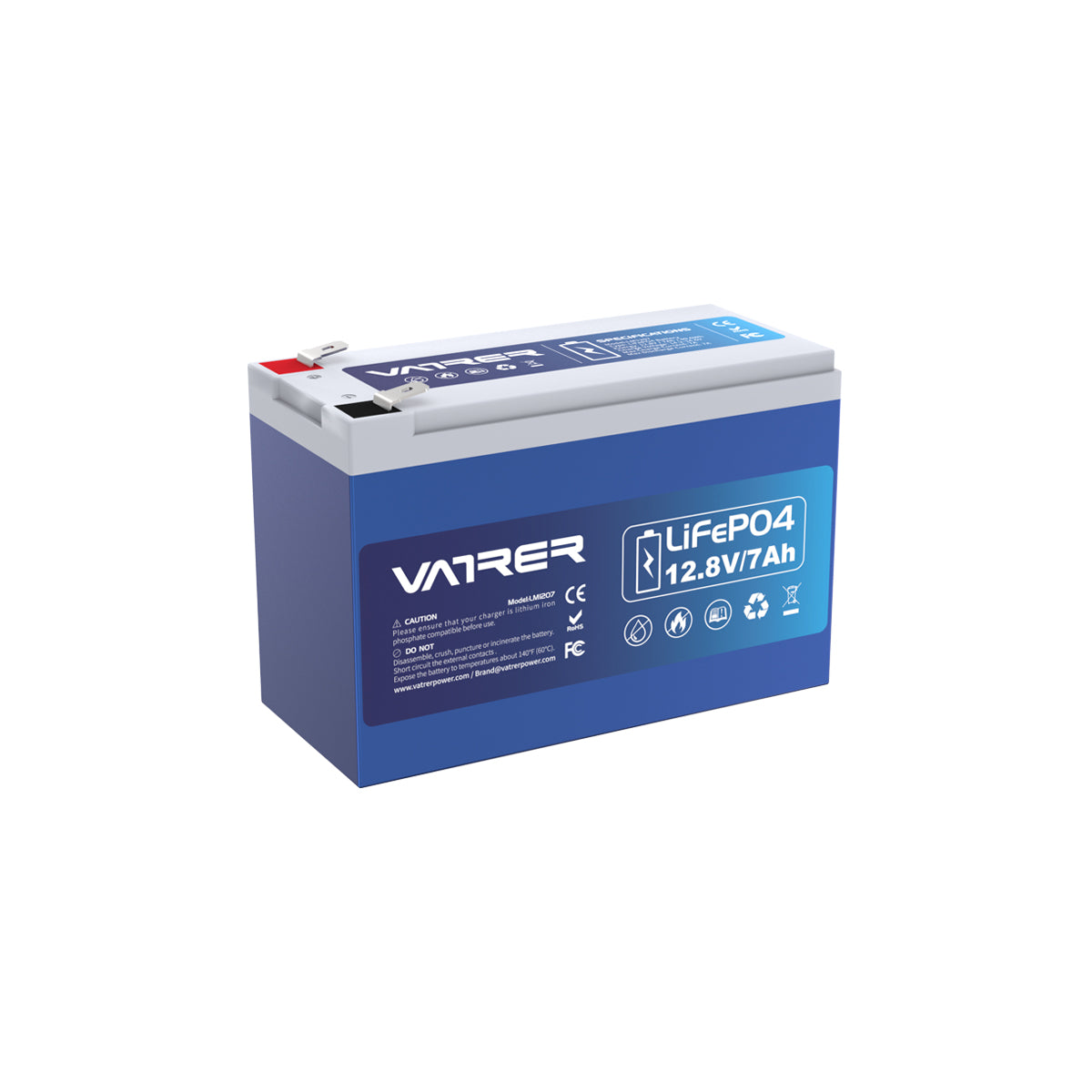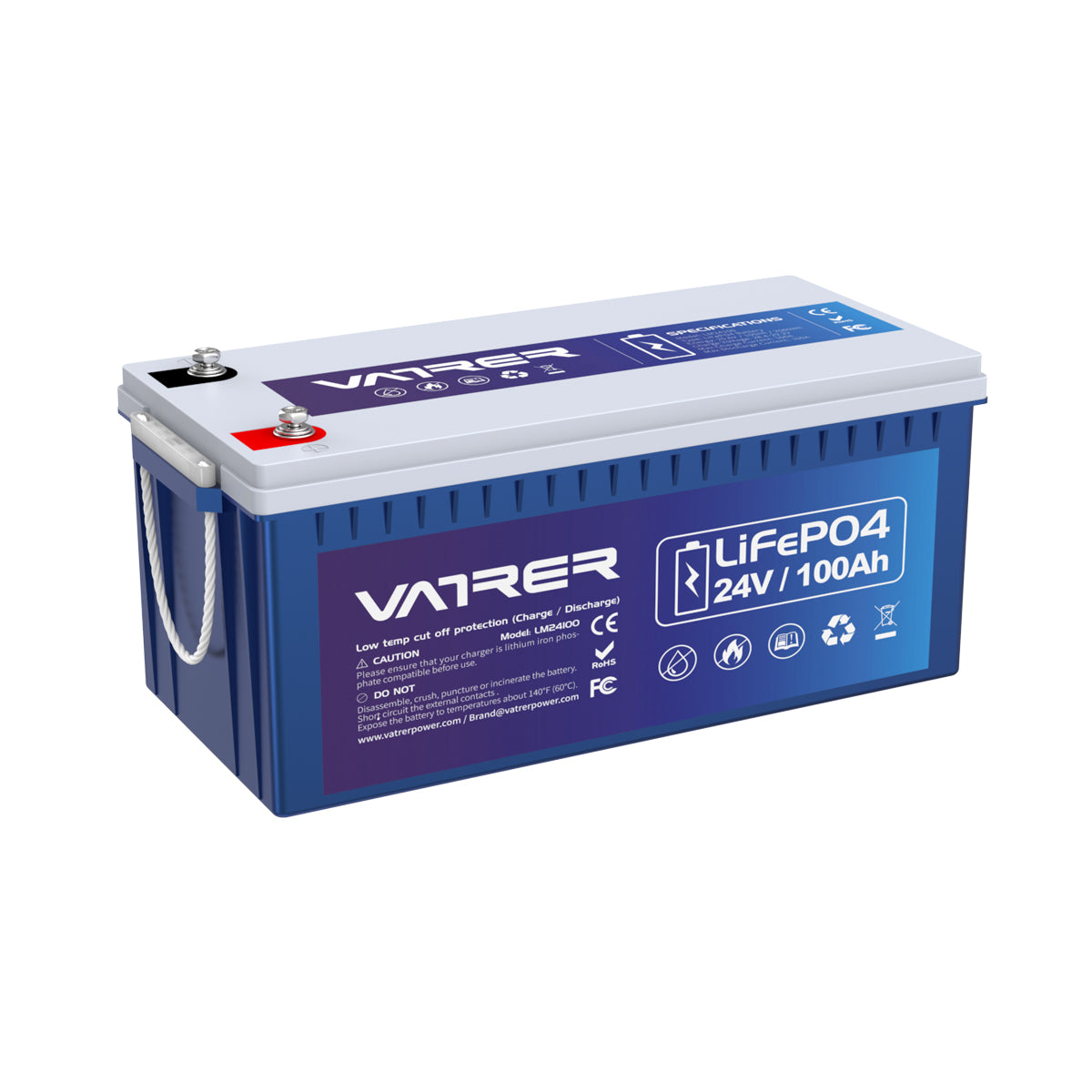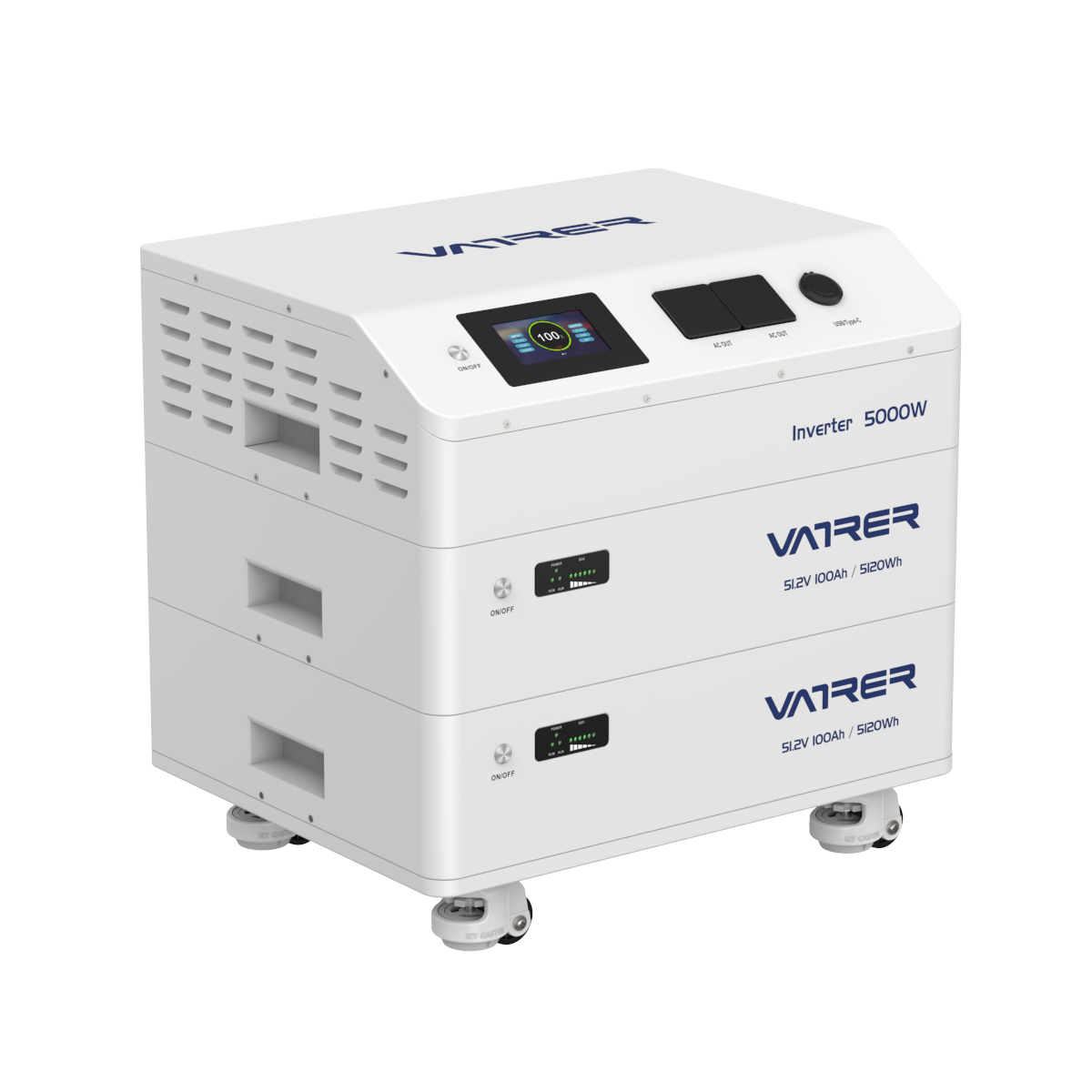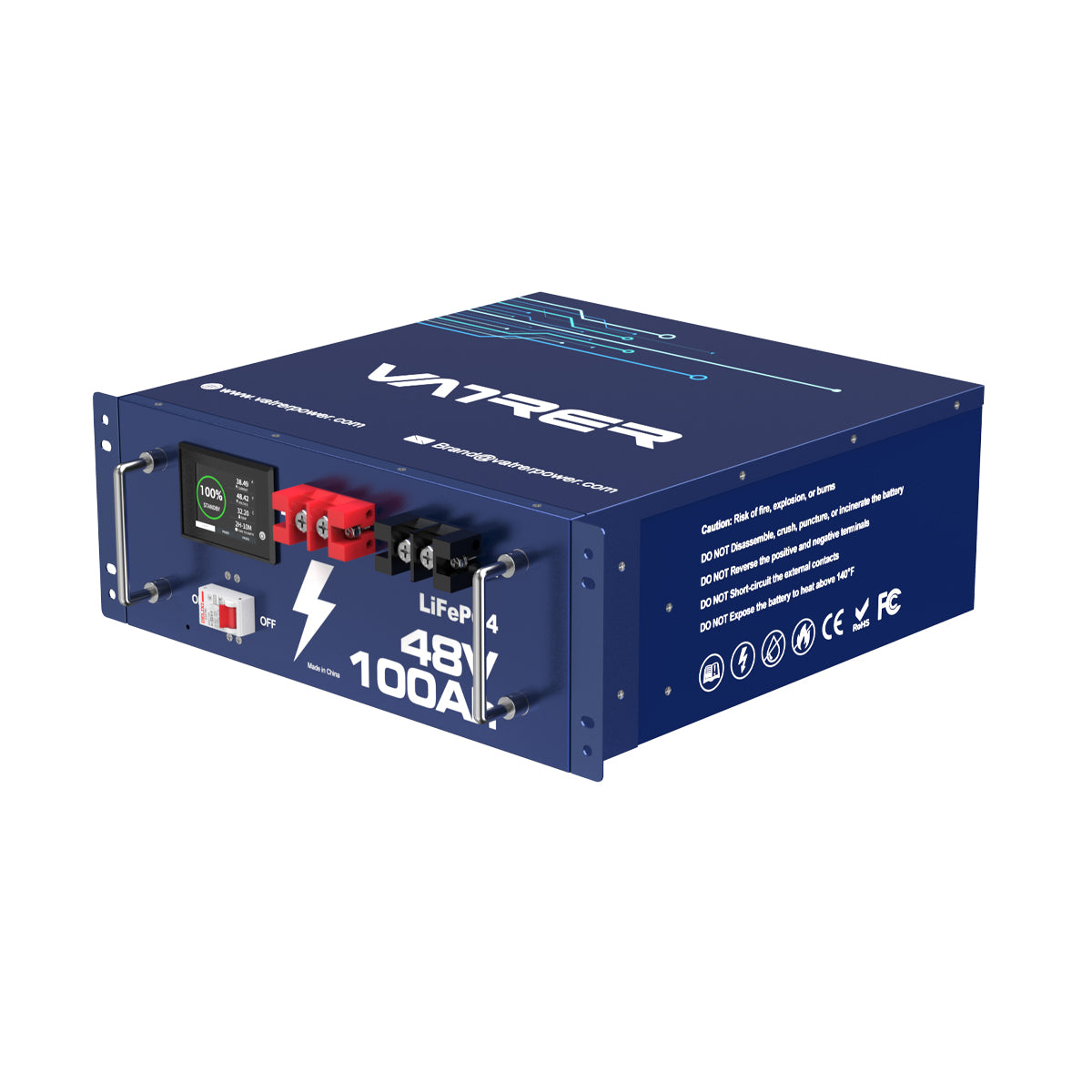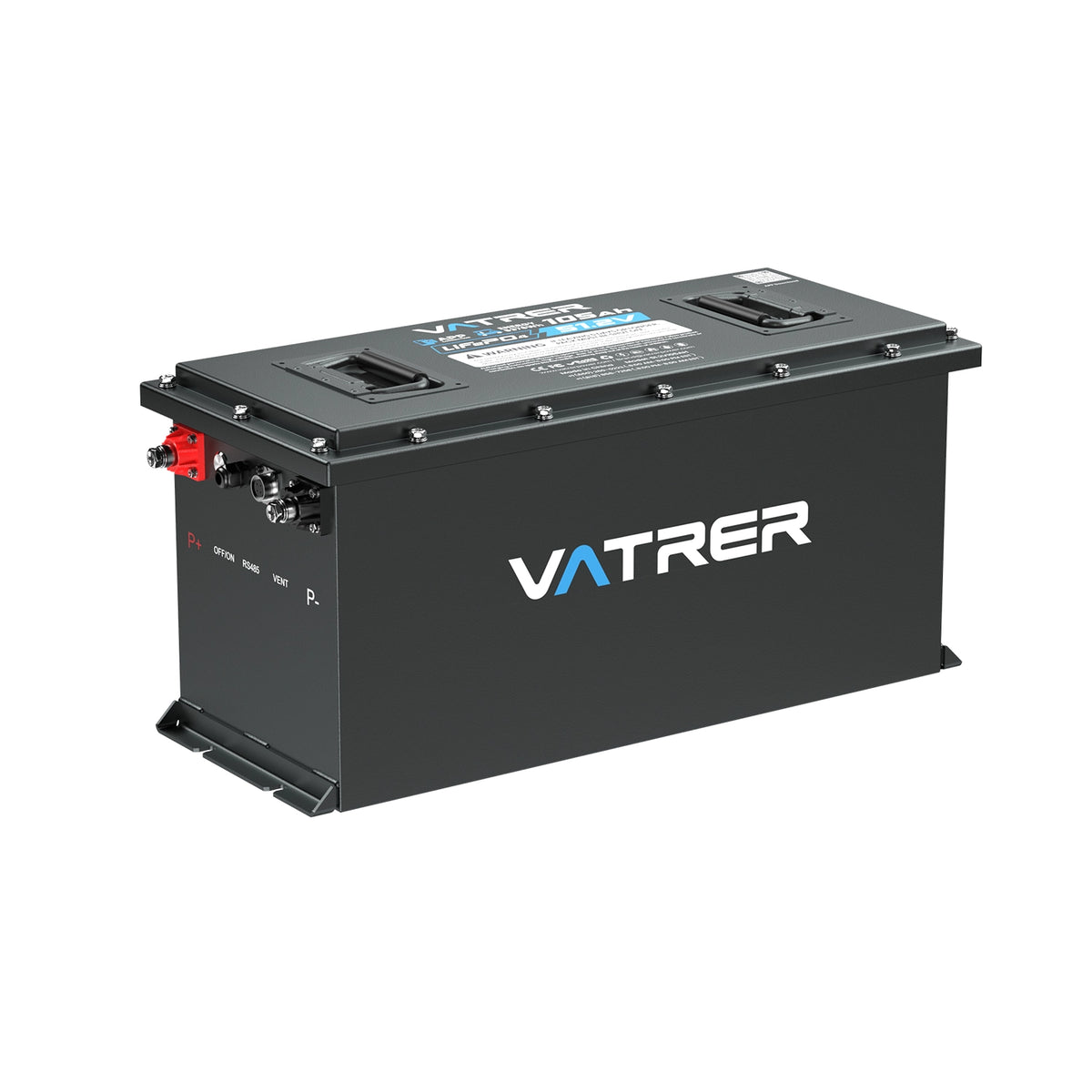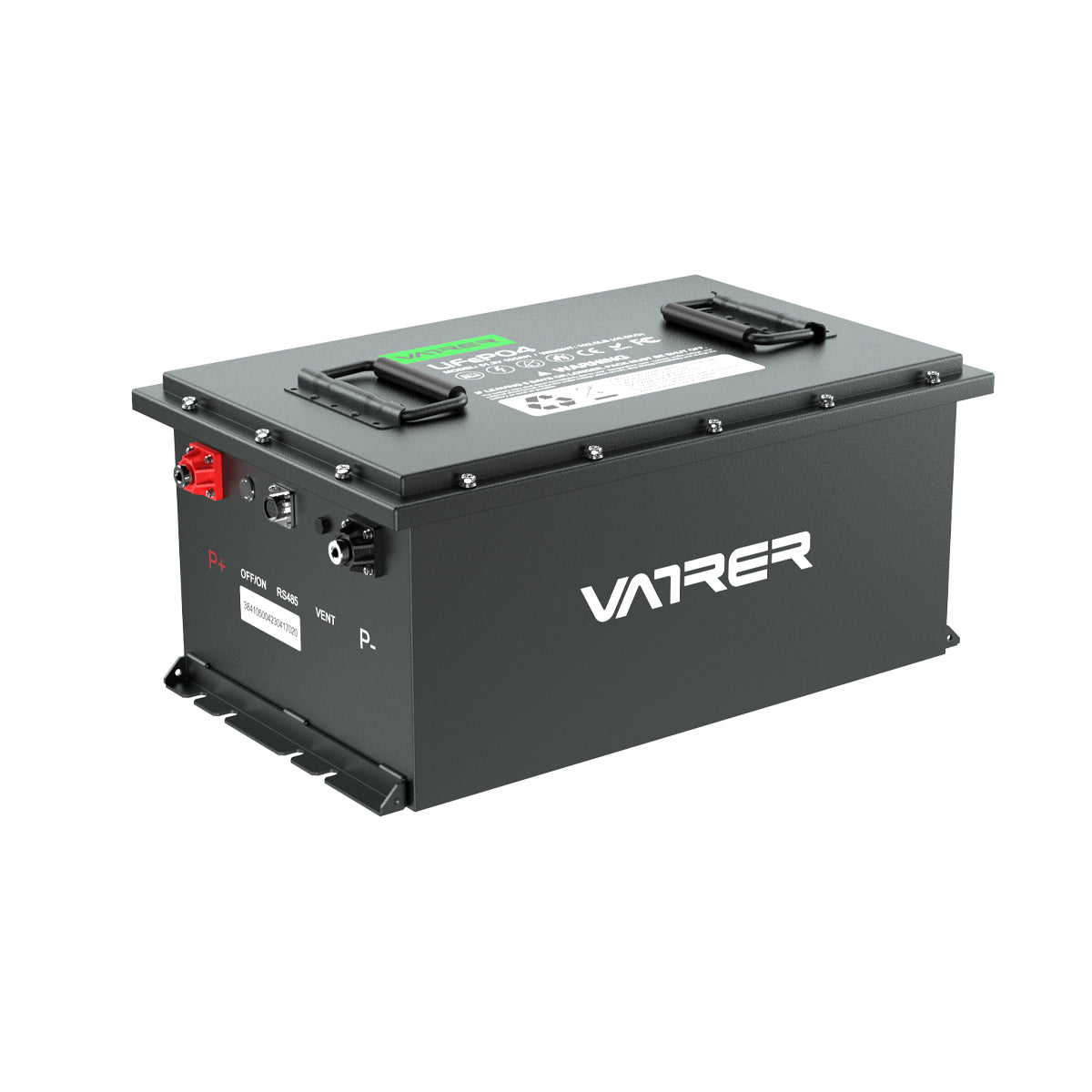When you delve into the world of batteries, particularly for applications like solar power systems, RVs, marine vessels, and home energy storage, you often come across specifications such as "12V 100Ah." Understanding these specifications is crucial for selecting the right battery for your needs. In this blog post, we’ll break down what "12V 100Ah" means, how it impacts battery performance, and why it's important for your applications.
Understanding Battery Voltage (12V)
The "12V" in the specification stands for 12 volts. Voltage is a measure of the electrical potential difference between two points. In the context of batteries, it indicates the amount of electric pressure available to push the electric current through a circuit. A 12-volt battery is standard for many applications, providing a balance between power and compatibility with various devices and systems.
Why Voltage Matters
- Compatibility: Many devices and systems are designed to operate at a specific voltage. Using a battery with the correct voltage ensures that your equipment functions properly.
- Series and Parallel Configurations: Understanding voltage is important when configuring batteries in series or parallel to achieve the desired voltage and capacity for your particular application.
Understanding Battery Capacity (100Ah)
The "100Ah" stands for 100 ampere-hours. This is a measure of the battery's capacity, or how much charge it can store. Ampere-hours (Ah) represent the amount of current a battery can supply over a specific period. A 100Ah battery can theoretically provide 100 amps for 1 hour, 50 amps for 2 hours, 10 amps for 10 hours, and so on.
Why Capacity Matters
- Run Time: The capacity of a battery directly affects how long it can power your devices. Higher capacity means longer run times.
- Application Suitability: Different applications require different capacities. For example, an RV might need a higher capacity battery to run appliances and lights for extended periods, while a smaller device might only need a lower capacity battery.
Practical Implications of 12V 100Ah
1. Energy Storage
A 12V 100Ah battery stores a total of 1200 watt-hours (Wh) of energy (12V x 100Ah = 1200Wh). This is a crucial figure for determining how much energy you can draw from the battery before it needs recharging. For instance, if you have a device that consumes 100 watts, a fully charged 12V 100Ah battery can theoretically run it for 12 hours (1200Wh / 100W = 12 hours).
2. Charging and Discharging
- Charging: To charge a 12V 100Ah battery, you need a charger that matches the battery's voltage and can provide sufficient current. Charging time will depend on the charger's output. For instance, a 10-amp charger would take approximately 10 hours to fully charge a 100Ah battery.
- Discharging: The rate at which you discharge the battery affects its lifespan and efficiency. Deep discharges (using most of the battery's capacity) can shorten the battery's lifespan, whereas shallow discharges (using a smaller portion of the capacity) can extend it.
3. Applications
-
RVs: A 12V 100Ah battery is ideal for providing power to lights, appliances, and electronics in an RV, ensuring comfort and convenience during your travels.
-
Marine: In boats, these batteries are used to power trolling motors, navigation systems, and other electronics, offering reliable performance on the water.
-
Solar Power Systems: For home or off-grid solar systems, a 12V 100Ah battery can store solar energy for use at night or during cloudy days, enhancing energy independence.
-
Home Energy Storage: These batteries can provide backup power during outages, ensuring that essential devices and systems continue to operate.
Conclusion
Understanding what "12V 100Ah" means is essential for making informed decisions about battery purchases and applications. The voltage (12V) indicates the electrical potential, ensuring compatibility with your devices, while the capacity (100Ah) determines how much energy the battery can store and supply. Whether you're looking to power an RV, a boat, a solar power system, or home energy storage, knowing these specifications helps you select the right battery to meet your needs and ensure reliable performance.
By grasping these concepts, you can better plan your energy usage and optimize the performance of your battery systems, ultimately leading to more efficient and effective energy management.












